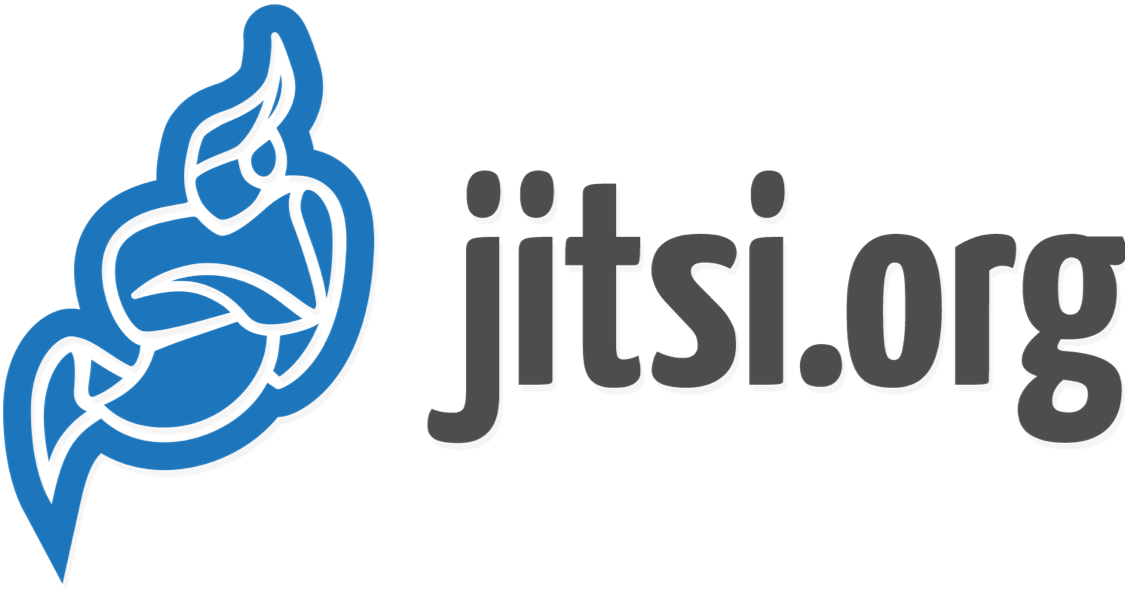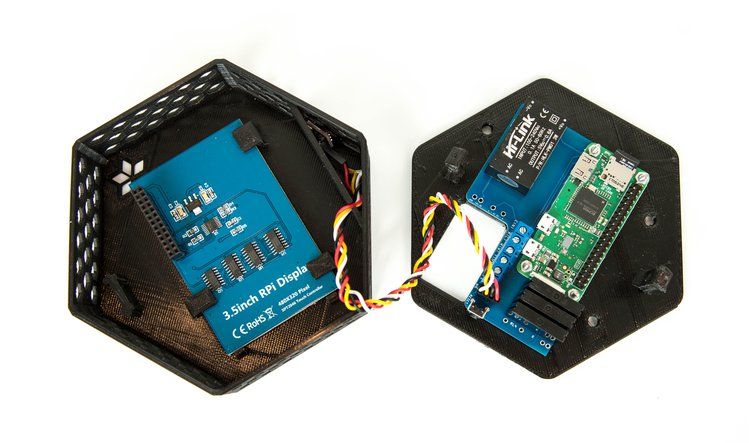Another open source video collaboration tool and alternative to Zoom
Technology often creates tension between the fastest solution and the best solution. We’re constantly tempted by convenience, and what is easy, when ideally it’s better if we invest a bit of learning, and do what is smart.
Zoom, the popular video conferencing service, has become part of the zeitgeist, symbolic of where and how we’re living at the moment. As mentioned in yesterday’s issue, Zoom’s soaring popularity has drawn increased scrutiny, and the company does not look good.
Turns out while Zoom may be easy for people to use, it is neither that private, nor secure.
YIKES!!! Ex-NSA hacker drops new zero-day doom for Zoom | TechCrunch https://t.co/pm6Luehju8
— Scott Adams (@ScottAdamsSays) April 1, 2020
While this could easily turn into a part two follow up from yesterday’s issue on the shady companies trying to profit from the current race to gather more health data, allow me one last note on this subject to point out the politicians trying to benefit in a similarly hypocritical manner:
You are a co-sponsor of a bill that everyone, including you, knows is a Trojan horse for banning end-to-end encryption. Your bill would FORCE Zoom to do a crappy job protecting privacy and security. #EARNITAct https://t.co/T4DTzaciyB
— Riana Pfefferkorn (@Riana_Crypto) April 1, 2020
Suffice to say, you should probably avoid using Zoom if you can. For many, this is not an option due to work or school. However as we get to know alternatives, especially free and open source alternatives, we can encourage our institutions to seek out other, more secure solutions.
Which is where our Future Tools series comes in, and today’s issue on Jitsi. (A big thank you to Mike Gifford for bringing this tool to our attention a few weeks ago).
We had an issue on Matrix and Riot in December, and I’m happy to say we know have a server running and are slowly but surely starting to use it. If you’d like to join us and contribute to the testing, let me know.
Riot uses Jitsi as part of it’s own audio and video capabilities, which illustrates how with open source software you don’t need to reinvent the wheel. Here’s a quote from Jitsi’s website:
Jitsi is a set of open-source projects that allows you to easily build and deploy secure videoconferencing solutions. At the heart of Jitsi are Jitsi Videobridge and Jitsi Meet, which let you have conferences on the internet, while other projects in the community enable other features such as audio, dial-in, recording, and simulcasting.
Jitsi started life as a way to talk to people over the internet using audio and video. Over the course of a decade, though, it’s become so much more. Today, Jitsi is:
A vibrant developer community.
First and foremost, Jitsi is a community of developers that are pushing the envelope of video conferencing quality on the web. Come join us!
The foundation of some really amazing products.
Our community members have developed countless projects and products that started with Jitsi code. Check ‘em out!
A crazy-good, completely free video conferencing solution that anyone can use.
Jitsi is a favorite videoconferencing solution for anyone with privacy concerns, journalists, for example. There’s a reason so many people use Jitsi Meet as a Skype alternative for video conferencing. Try it out and download it for free.
As people stuck at home go searching for a safe and secure tool to collaborate and remotely meet with people, interest in Jitsi increases:
Three weeks ago, my video on Jitsi Meet had 229 views. Two weeks ago it was 373. Today it crossed 5000. I wonder why a free, no-registration-needed web-based video conferencing tool would generate such interest all of a sudden 🤔 https://t.co/m5mEUT3zGY
— Nathan Hall (@nathanghall) March 27, 2020
A big feature of Jitsi is its relative easy of use. Jitsi Meet is a standalone version of the software that works within a web browser. No app for people to download, you just send them the invite.
Although Jitsi does offer free apps, and it is not that difficult to get it up and running on your own server (or Raspberry Pi), which then gives you access to a range of advanced capabilities:
Run a @Meetup or conference and looking how to move it online? I wrote up a guide to using @jitsinews and @YouTube to stream easily and for free. Stay safe *and* connected! https://t.co/Ln73NcNqnb
— Jonathan Beri (@beriberikix) March 30, 2020
Another feature of Jitsi and free and open source software is that you can rebrand it and take this free tool to make your own tool, even if all you’re doing is changing the name. Credit should still be given to the original developers and tools that made it possible, but it is a way to spread use of the software and encourage people to bend the tools to their own needs.
For example here’s some random dude who did just that:
Let's make remote-work easier for everyone during these difficult times! We have set up a videoconferencing service based on #jitsi, on a EU-based server with good connectivity.
— Gaël Duval (@gael_duval) March 21, 2020
It's open to everyone and offers all guarantees in term of #privacy
Stay safehttps://t.co/Pdf7APgKFx pic.twitter.com/y8NIx7hYpJ
Yet more significantly, there’s 8x8, a company created by the project lead of Jitsi. It provides a tool, based on Jitsi, for free, and then makes money supporting it. Customizing it for companies who want integration into their internal networks and software. They also publish the Jitsi mobile apps for Android and iOS.
So Cool! Free unlimited time Video Meetings https://t.co/V6fpDXRcbC - recording and YouTube streaming support - no login needed, not cut offs in less than an hour, it just works AND its secure! #8x8FromHome❤️ #wfh #remotework #education #8x8Meetings https://t.co/ZLhAxNICIr
— Alton Harewood (@altonjharewood) March 26, 2020
For those of us in the events business, this might be a better of way of hosting live events, given that we don’t have to send people elsewhere, but can bring them into our own digital venues. Same can be done for media and podcasts.
Similarly even for personal or modest professional uses, what’s great about software like this is the community support that emerges from lots of other people using the tool and providing tips:
when using Jitsi for video, this helps pic.twitter.com/bRQay7GJMT
— Eszter Hargittai 😷 (@eszter) April 1, 2020
Hopefully all of this added attention will translate into improving the open source software in general, whether via squashing bugs or adding features.
We just rolled out these UI/UX improvements to all iOS and Android users thanks to your feedback. Happy meetings! ❤️📱🚀 https://t.co/SjUUUzsQ2i
— Jitsi (@jitsinews) March 27, 2020
Trending repository of the week 🏅
— Trending GitHub Repositories (@trending_repos) March 30, 2020
jitsi-meet
Jitsi Meet - Secure, Simple and Scalable Video Conferences that you use as a standalone app or embed in your web application.
⭐️ last week: 1073
⭐️ total: 7286https://t.co/j2MEuUFGV9
And here’s a video on how to use Jitsi and a raspberry pi to make a smart doorbell!?
How to Make a Raspberry Pi Smart Doorbell that works with open source Jitsi Meet video conferencing https://t.co/PWu7ckycke
— Danie van der Merwe (@danie10) March 29, 2020



